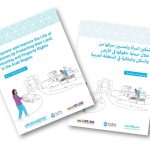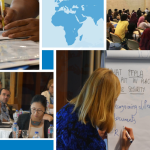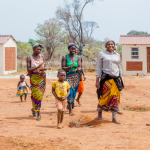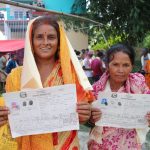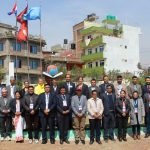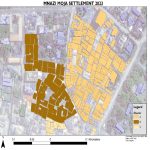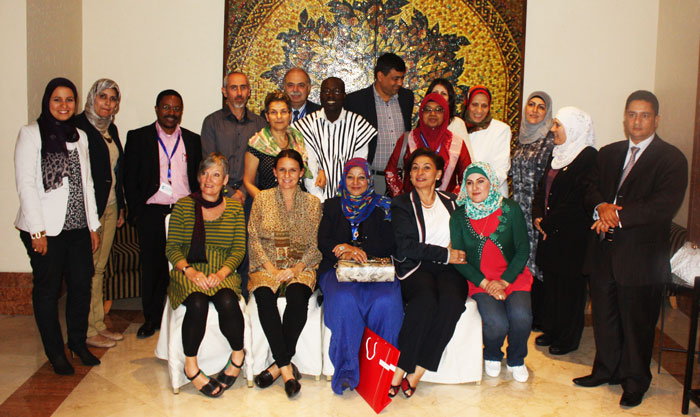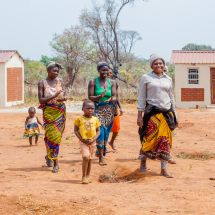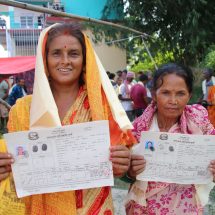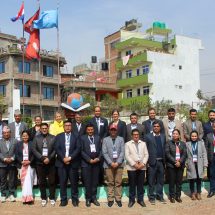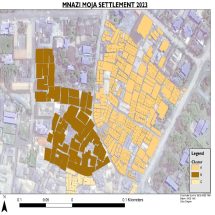From 27-29 October, a group of experts and practitioners in the field of access to land for women in the Muslim world got together in Amman, Jordan, to identify practical ways to strengthen women’s access to land and tenure security in Muslim communities. Views and experiences from Algeria, Egypt, France, Ghana, Jordan, Kenya, Lebanon, Malaysia, Palestine, UK, USA, Tunisia, and Yemen were exchanged during an intense 3-day gathering.
The meeting was organized by GLTN Partners UN-Habitat, the Urban Training and Studies Institute, and the University of East London, while representatives from other GLTN Partners such as the Arab Union of Surveyors, the International Islamic University of Malaysia, the Norwegian Refugee Council, and UN-Women also provided substantial contributions to the event.
Through plenary discussions and group work, the participants discussed challenges, opportunities and ongoing initiatives to increase access to land for women in Muslim communities. Focus group discussions took place evolving around questions such as why women need land, how women can access land, what protects women’s access to land, what does Islam say about women and land and women inheriting land, what role does marriage have in granting access to land for women, and if joint marital property a good option.
Success stories and experiences on how to increase access to land for women were presented by participants and organizers.
Thanks to their collective efforts and dynamic discussions, the participants highlighted tools already used and/or potentially useful in their respective countries. These tools tackle complex problems, such as land governance, land inheritance, law enforcement, marital status and associated property regimes, civil society organizations, tradition and Islam, capacity building, lobbying, awareness campaigns, community participation, etc.
The meeting was a unique opportunity to exchange views and experiences, to identify the challenges women face in order to reach their land rights in Muslim communities, and to define innovative and practical tools which may contribute to enforce women’s access to land. The meeting also served as an important partnership development opportunity among national, regional and global organisations, governments and civil society groups active in this area of work, paving the way to new collaborations at the country level.

